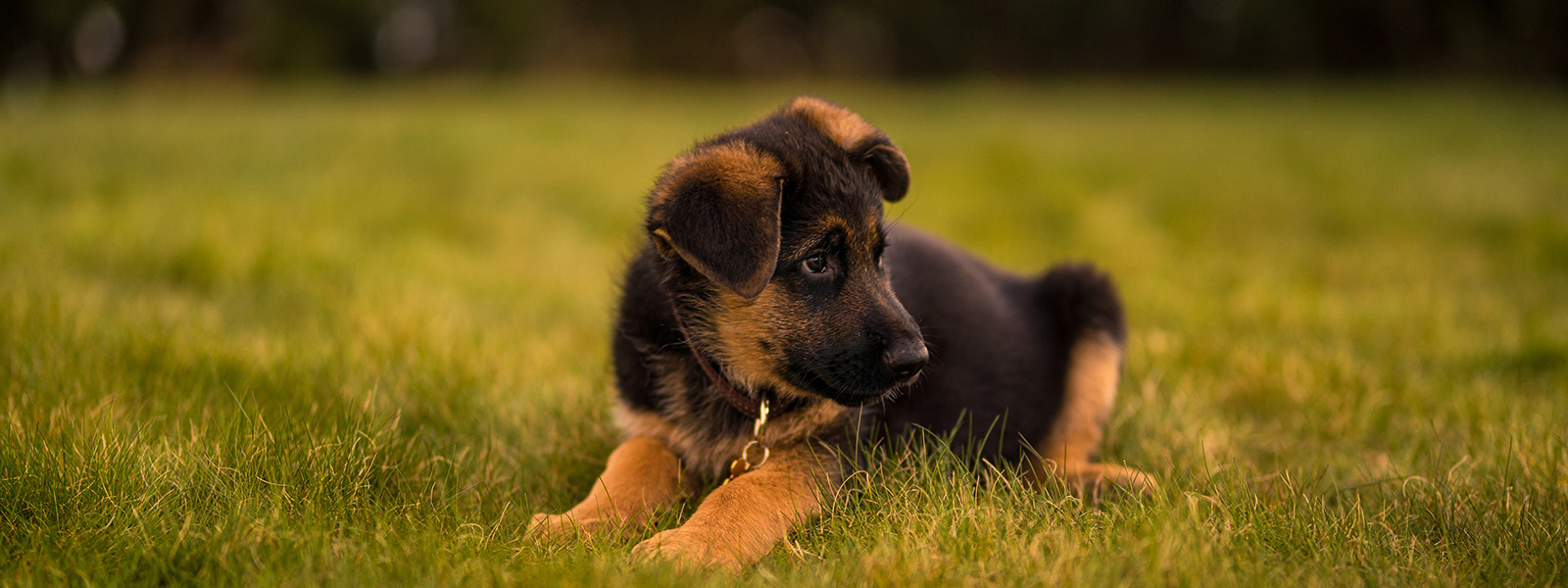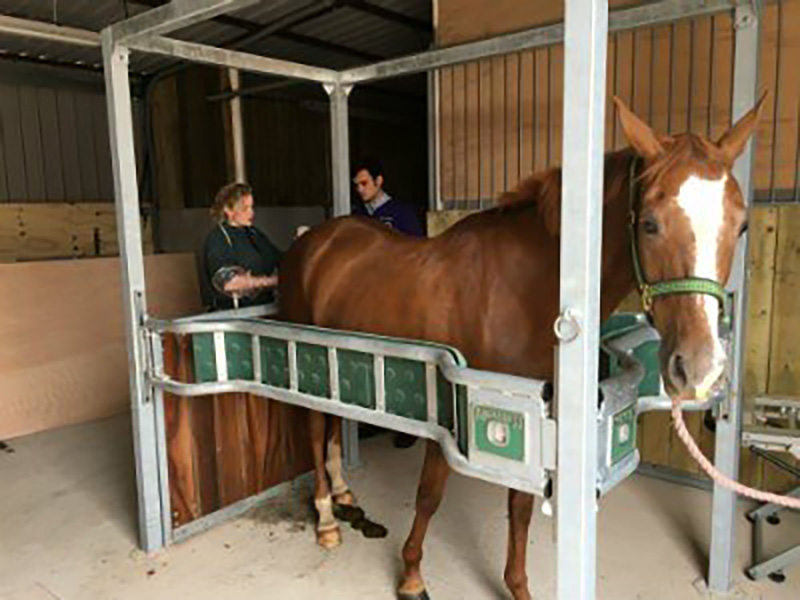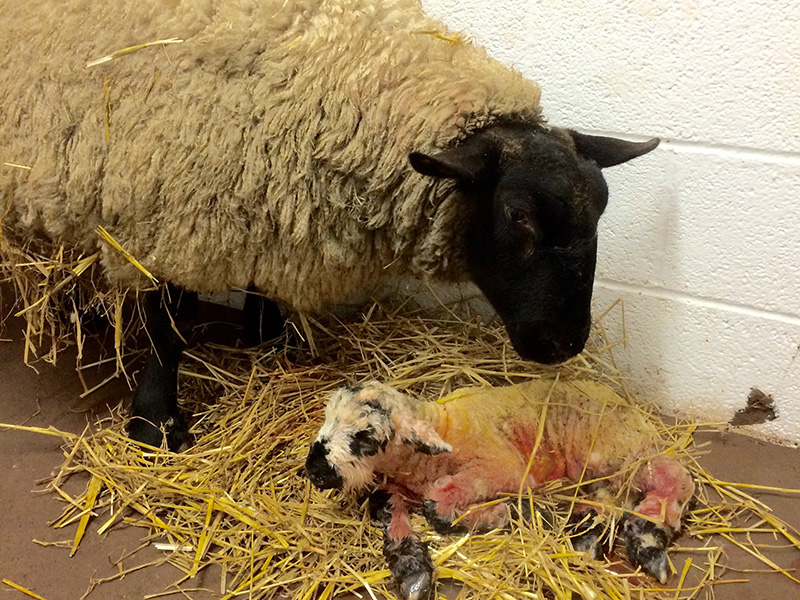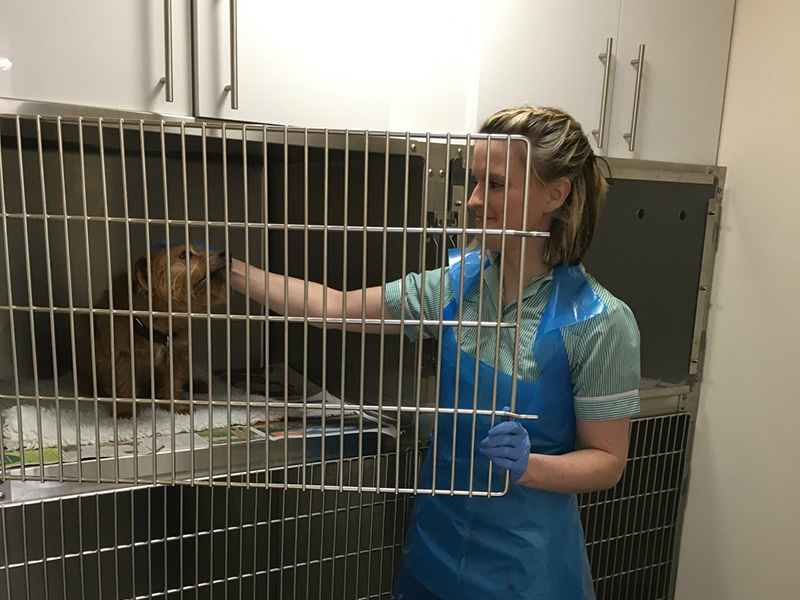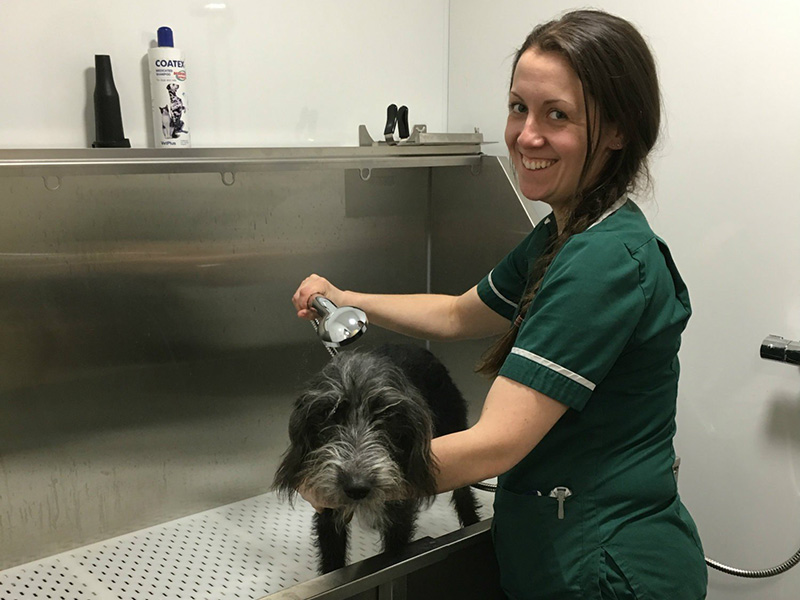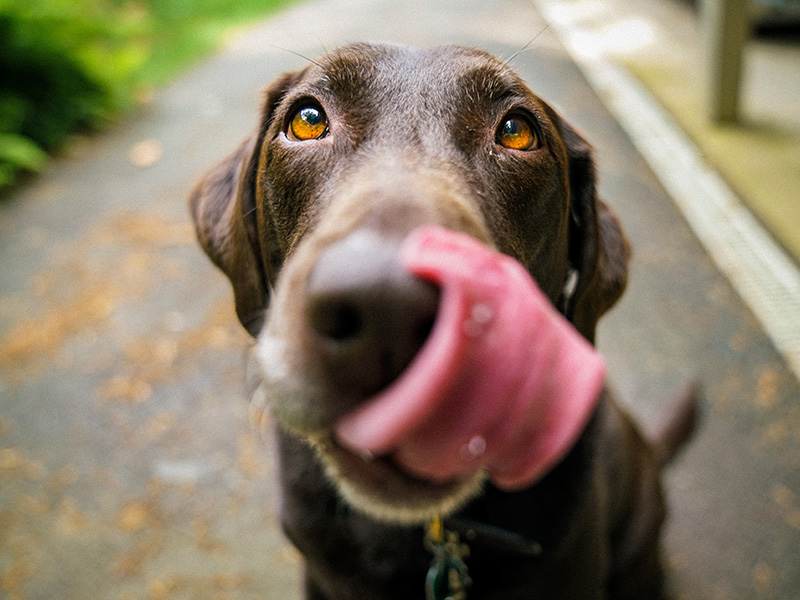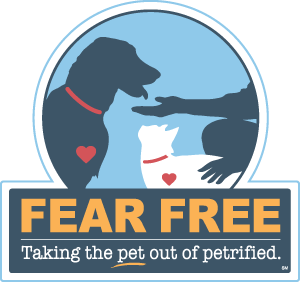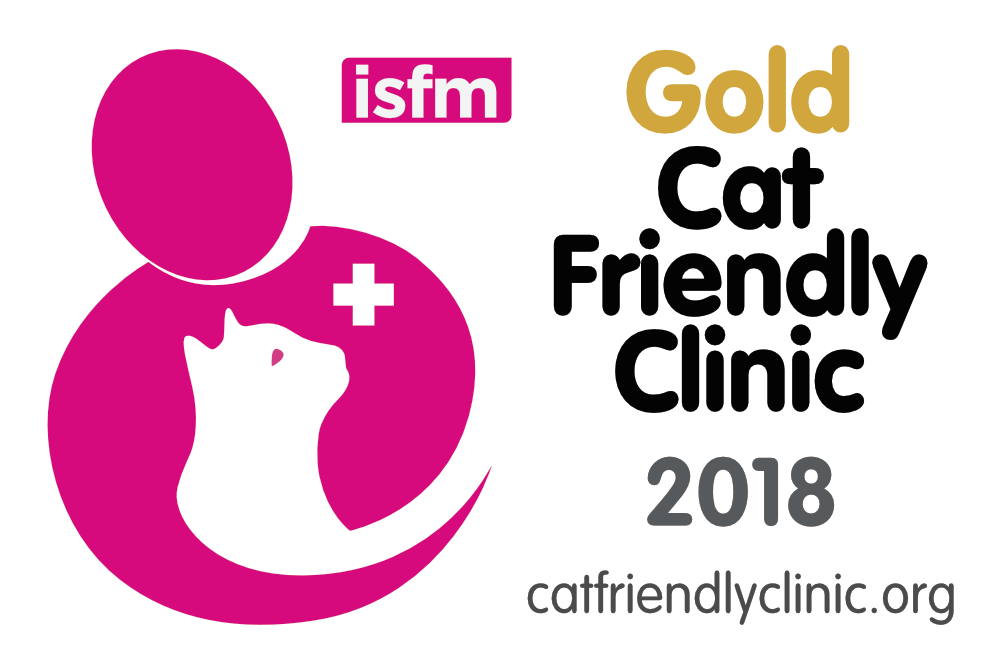Preventative Healthcare
Vaccinations
We recommend that all dogs throughout their lives receive vaccinations to keep them healthy and active. Dogs can be vaccinated against a number of potentially fatal diseases.
These are distemper, viral hepatitis, parvovirus, parainfluenza, leptospirosis and kennel cough. Vaccination can commence in puppies from as early as 8 weeks of age. For full immunity they require 2 vaccinations 2-4 weeks apart and annual vaccine boosters thereafter. As part of the annual booster your dog is given a free health check. A vaccination certificate will be given to you as a record and also this will be needed if your dog ever has to board in kennels. Annual booster reminders will be sent to you by text or post so that you do not miss it.
We recommend that all cats throughout their lives receive vaccinations to keep them healthy and active. Cats can be vaccinated against a number of potentially fatal diseases. These are feline enteritis, feline influenza and feline leukaemia. Vaccination can start in kittens from as early as 9 weeks of age. For full immunity they require 2 vaccinations 3 weeks apart and annual vaccine boosters thereafter.
As part of the annual booster your cat is given a free health check. A vaccination certificate will be given to you for your records and this will be inspected by catteries before boarding your cat. Annual booster reminders are sent out by the practice by text and by post.
Vaccination Amnesty
If for whatever reason you do miss the annual booster deadline, we offer a vaccine amnesty. This means your dog will receive the primary vaccination course for the price of a booster.
Rabbit Health
Vaccination
Dogs and cats are not the only animals which need vaccinating, rabbits also do.
The 2 main viral diseases are myxomatosis and viral haemorrhagic disease. Both these viruses are potentially fatal to unvaccinated rabbits. Myxomatosis is carried by rabbit fleas. Once infected, symptoms include swelling and discharge of the eyes and most rabbits will die despite treatment. Vaccination is recommended once to twice a year depending on the risk area.
Viral haemorrhagic disease is highly contagious and is spread through contaminated hutches, bedding, food and on clothing. Often the only sign of this disease is sudden death of the infected rabbit. Vaccination is recommended once a year
Equine Vaccination
Vaccination of your horse is an important part of routine health care and essential to prevent some potentially life threatening diseases. The two most commonly administered vaccinations are to prevent against equine influenza and tetanus.
Equine Influenza - Is a highly contagious, viral respiratory disease. Approved vaccination schedules are published by the British Horseracing Authority and International Equestrian Federation (FEI) and these form part of the entry requirements for horses competing at their events. The manufactures of each vaccine also provide a vaccination protocol.
Tetanus - Tetanus is caused by a bacterium found in soil, Clostridium tetani. This enters the blood steam via an open wound. Approximately 90% of unvaccinated horses that develop tetanus die. Therefore it is recommended that all horses are vaccinated against tetanus.
Vaccination can begin from 3 months of age.
Two injections are given 4-6 weeks apart.
The first booster is given 1 year later.
Thereafter boosters are given every 2 years.
Pregnant mares
It is advised that all mares receive a tetanus booster 4-6 weeks before foaling. This ensures the foal is protected in the first 6-12 weeks of life.
Flea Treatment
Fleas are common external parasites of dogs and cats and are present all year round. They cause problems in animals such as flea allergy dermatitis, rashes and sores. A significant part of the flea life cycle occurs in the environment of the dog such as carpets in your home so it is very important to control fleas. A single flea can lay 50 eggs a day so it is easy to see how their numbers can get out of control quickly. Prevention of fleas is far better than battling an infestation.
It is recommended that veterinary prescription flea control preparations are used regularly to control fleas. These products are very safe for your animal and highly effective at stopping fleas. Many products are available including spot on type preparations or tasty tablets. These same preparations can also be used to control other parasites such as, ticks, mange, mites,lice, and round worms.
Please ask us about this and we can recommend the best prevention for your dog. We recommend our Pet Health Plan so we can give you the safest and most effective products at the best prices.
Worms
It is important to regularly worm your pet for the health of your animal and also for your own health as some worms can be transmitted from animals to people.
There are several types of worms that need to be treated. These are round worms (photo below), tapeworms and lung worms. We recommend that adult dogs should be wormed once a month with a specific wormer to prevent these worms harming our dogs and their owners. Working dogs, hunting dogs, multi-dog households or dogs that eat raw meat have the highest exposure to worms. Puppies should alo be wormed every month.
Adult cats that go outside and hunt should be wormed every month. Kittens should also be wormed every month. We also recommend house cats are wormed at least 4 times a year or monthly if you have multiple cats.
There are many different worming preparations available ranging from chewy palatable tablets and spot on type preparations all treating different worms for different intervals. Our vets and nurses are here to advise which is the most appropriate for your pet. We recommend our Pet Health Plan to give you the best treatment plans for worm prevention.




